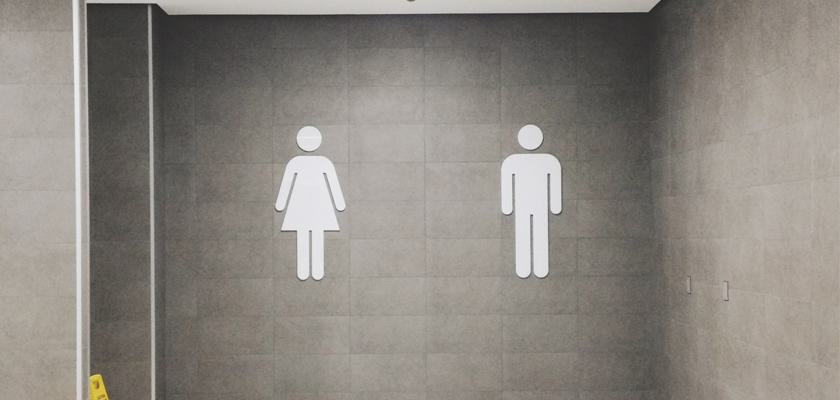MONTGOMERY — The controversial What is a Woman Act, which defines man, woman, boy, girl, father, mother, male, female and sex in the Code of Alabama, passed the House Health Committee on Wednesday, moving it one more step to final passage as the session winds down.
House Bill 405 (HB405), also called the What is a Woman Act, is sponsored by State Rep. Susan DuBose (R-Hoover).
Thus far, the bill has received vehement backlash from transgender individuals who showed up in opposition to the legislation in a public hearing last week.
The bill received four amendments, clarifying language specific to individuals with genetic abnormalities or who are intersex.
The amendments clarify specific definitions and allow for "unknown" sex determinations for those born with genetic aberrations. Dubose noted five such instances in Alabama in the last eight years.
State Rep. Neil Rafferty (D-Birmingham), the state's only openly gay lawmaker, opposed the bill and the language therein.
Rafferty claimed that 1.7% of the population is intersex. The bill insufficiently categorized the genetic conditions a person could identify since some "intersex" conditions do not manifest until later in life.
"There is 150 different intersex conditions, so which ones are we going to determine, and how do we make that determination?" Rafferty asked. "Is it something that we're going to be subjecting all children to get tested for when they're born, like chromosome analysis, hormone levels, hormone stimulation tests, electrolyte tests, specific molecular testing, endoscopic exams or ultrasound or MRI to actually verify the sex of the child or person?"
In reality, the accepted definition of "intersex" within medicine and biology refers to a condition where an individual's chromosomal sex is inconsistent with phenotypic (observable) sex. This number has consistently been 0.018% of the population.
However, in recent years, transgender advocacy groups have changed the definition to include many conditions, including low testosterone, high estrogen, enlarged clitoris, small penis, androgen receptor modulation conditions, and any number of minute alterations within hormonal and chromosomal makeup.
In fact, the term "intersex" has become so diluted that Planned Parenthood claims a person can live their whole lives being "intersex" and never know it.
Dubose clarified that the bill did not prohibit a person from identifying by whatever gender they prefer. Instead, it only made solidified sexual distinction for use in Alabama law, specifically for use in specific female-only spaces, such as jails, prisons, locker rooms and restrooms.
Dubose responded to Rafferty by saying she consulted with the Alabama Department of Public Health (ADPH) to construct the definition of genetic aberrations by which a person would have legal protection under the federal Americans With Disabilities Act.
State Rep. Pebblin Warren (D-Tuskegee) objected to the bill, saying it lacked protection for transgender people entering the Department of Corrections (DOC) or county jails.
"One of the things that really disturbs me about it is as relates to incarcerated individuals," Warren said. "If you know anything about prison, you know you are setting that person up for a kill. I think that there should be some special provisions in DOC or county jails to accommodate a transgender person."
She continued," This is really opening the door for serious abuse in our corrections system."
After a roll call vote, the bill passed 9-4, with one abstention from State Rep. Craig Lipscomb (R-Gadsden).
The bill must still pass the House of Representatives, a Senate committee and the Senate before going to Gov. Kay Ivey to become law. The bill's final passage remains in question, with five legislative days remaining in the session.
To connect with the author of this story or to comment, email craig.monger@1819news.com.
Don't miss out! Subscribe to our newsletter and get our top stories every weekday morning.










